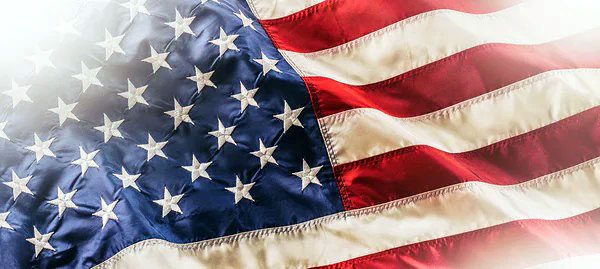
Musing About Our Soul
This passage personally resonates with me. In my working years as owner of a company, I knew day to day the discipline of assigning a value, in terms of what someone else would be willing to pay. Exchange value: dollars for service, the quid pro quo. Is this a fair assessment of what we’ve become as Americans? I mean a reflex, an instinct of the American soul – is to estimate how much a “customer” will exchange for everything.
The quoted passage calls forth three dilemmas that persist to haunt me. 1) We are lost in a bewildering flood of commercialism, without a clue about who we are as a people. 2) What happens when we monetize everything, things that are so important as to be beyond price? I mean scholarship, art, statecraft, etc. 3) Without mindful attention to my own value, within my destiny, am I also financialized, worth no more than my production potential? And you?
…the culture of a society
of which commerce is the soul,
just as personal rivalry
was the soul of culture
among the ancient Greeks,
and war, conquest, and law
among the ancient Romans.
The tradesman
is able to value everything
without producing it, and to value it
according to the requirements of the consumer
rather than his own personal needs.
“How many and what class
of people will consume this?” is his question of questions.
Hence, he instinctively and incessantly employs
this mode of valuation
and applies it to everything,
including the productions of art
and science,
and of thinkers,
scholars,
artists,
statesmen,
nations,
political parties,
and even entire ages:
with respect to everything
produced or created
he inquires into the supply and demand
in order to estimate for himself the value of a thing.
This, when once it has been made
the principle of an entire culture,
worked out to its most minute and subtle details,
and imposed upon every kind of will and knowledge,
this is what you men of the coming
century will be proud of,
—if the prophets
of the commercial classes are right
in putting that century into your possession!
The Dawn Of Day by Friedrich Nietzsche, trans. by J. M. Kennedy, aphorism 175
P.S. Have we not become a society of gamblers? Everyone is his/her own oddsmaker, each shaping him/herself into a brand others are likely to find desirable?
4 thoughts on “Musing About Our Soul”
Interesting post. In some regards it makes me think about the Burns documentary we watched last night about Leonardo DeVinci. One of his main attributes was the ability to observe both nature and his fellow beings in minute detail. He was indeed a tradesman, but also an artist and inventor as we all know: the quintessential renaissance man. He based his observations on the facts that swarmed around him, translating those concepts into mathematically astute machines.
Imagine a world where facts would be tantamount to truth, unfettered by emotional baggage and accepted regardless of human greed or a desire for the illusion of power. I use the word “illusion” because that’s all it is in the long run. We all eventually die and the evil left in the wake of a power hungry madman means nothing. Just ignorance and stupidity on the part of the short-sighted individual.
As the song says, “When will we ever learn.”
Are facts tantamount to truth? Is a fact, a stand alone construct? Of course facts are not that at all. A fact is an agreed upon state of affairs between persons who share in common an idea of the future, for which the fact is relevant… Certainly we all die. Are not goodness and good will also left behind, a residue that continues to sustain the next generation? We are emotional beings, because we inhabit a body. Relationships are hazardous, fraught with risk as I cannot control the other, nor can I be certain that I understand another’s heart and mind. Still the way forward is to wager on relationships.
Facts are like pieces of a jigsaw puzzle. One can put the pieces (a. k. a. facts) together to form an image of reality. Combining misinformation and ignorance would be like taking a bunch of jigsaw puzzles, jumbling them into one large mess, and then attempting to make sense out of nonsense. But without the foundation of those initial facts, there will never be a finished puzzle.
Your story showing the function of facts holds as long as the players are concentrating upon what they have agreed is the same puzzle.
However such is not inevitably, necessarily the case. Imagine a culture that values social stability that is rooted in a shared myth, that finds the serial disruption of new discoveries coming at rapid fire, most certainly would find the empirical facts, valued and pursued by a technological, secular society inimical and adverse to it’s world. Perhaps this is an inadequate counter example to say that what qualifies as a “fact” depends upon the intention of the individuals that constitute a conversation.
Thus – the dis-junction, obtuseness, of the two Americas failing to dialog, in what was likely the last presidential election of our republic.